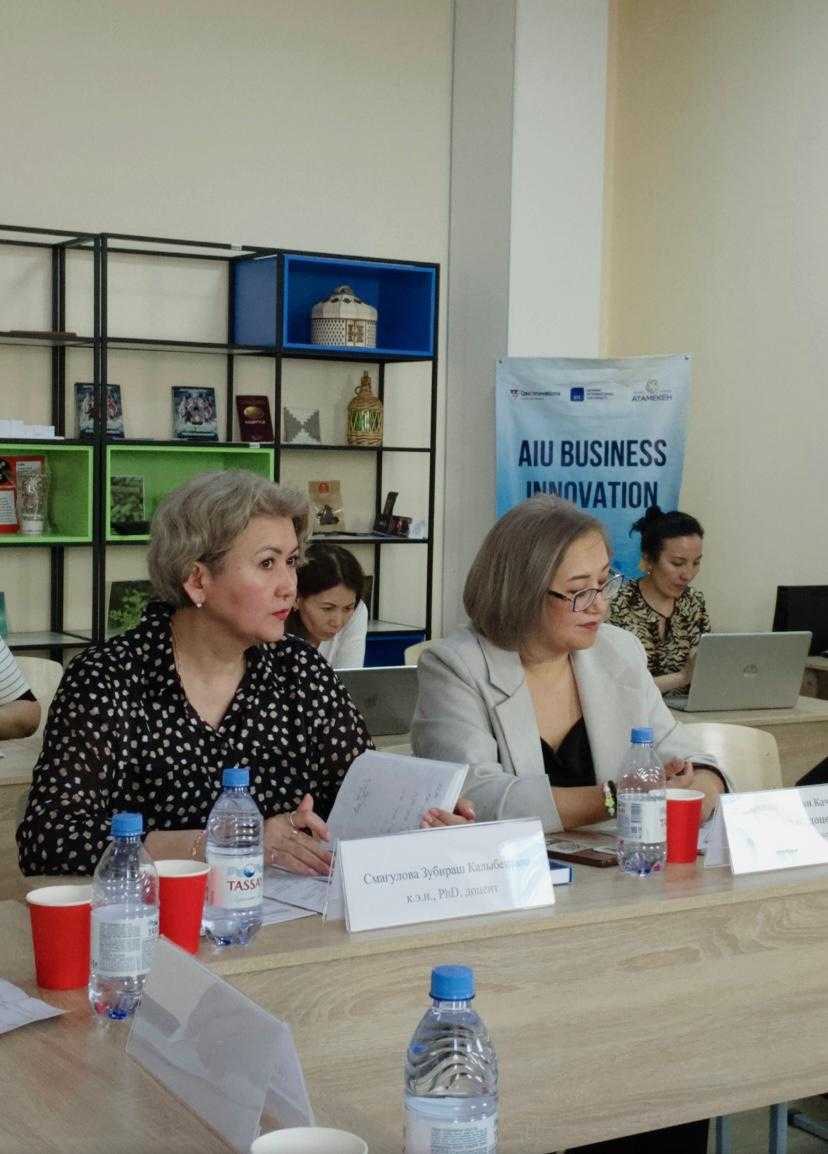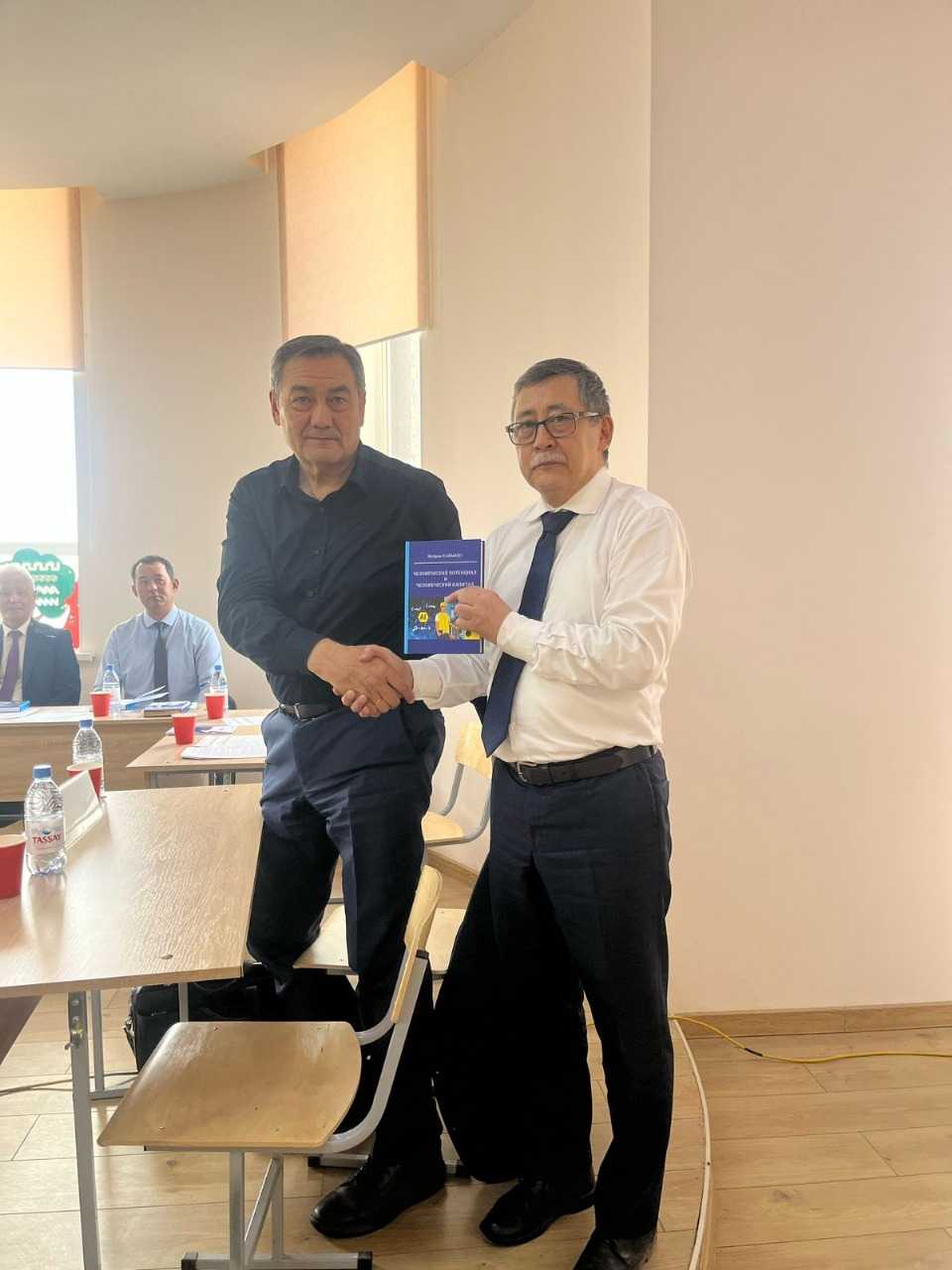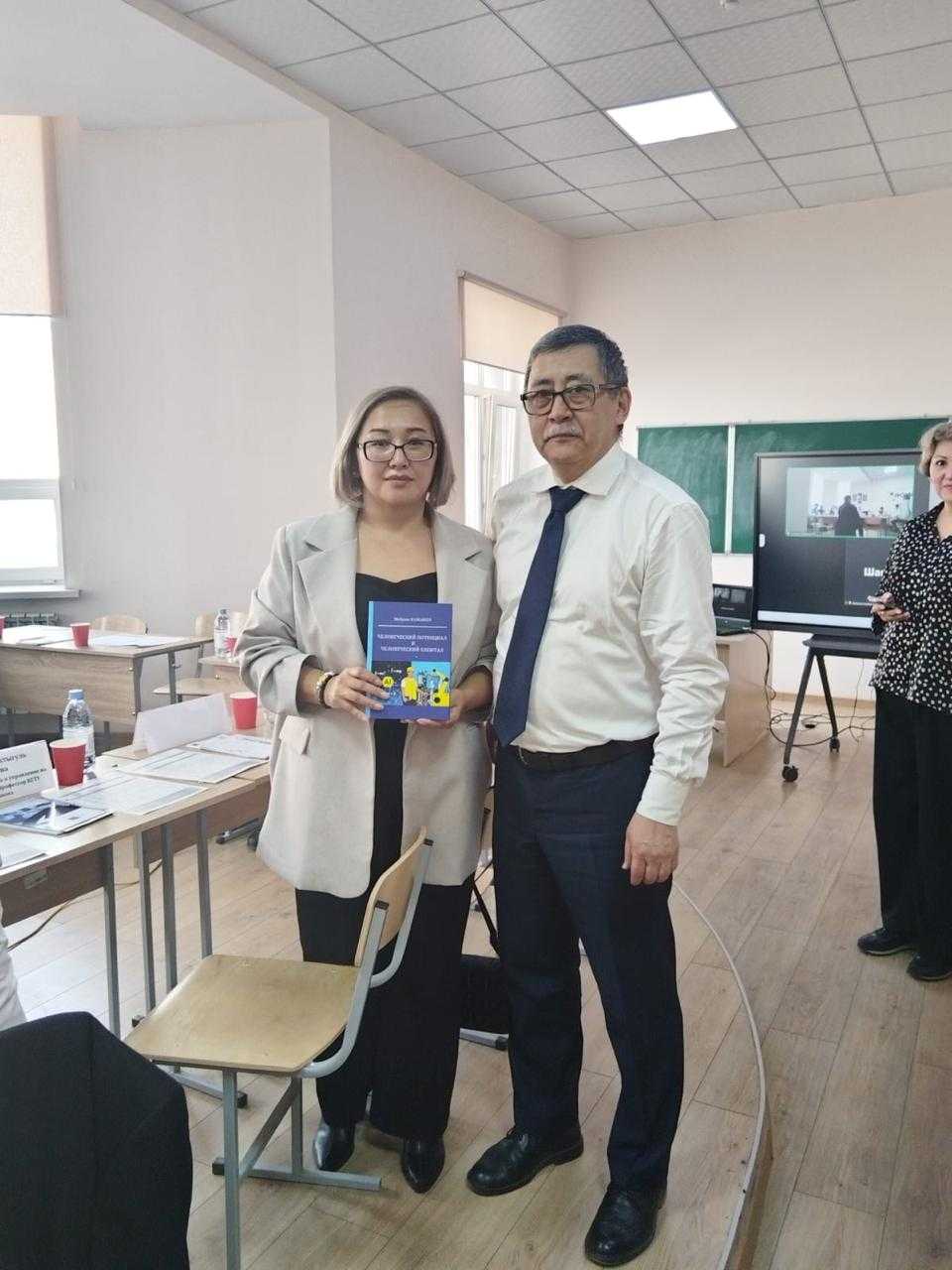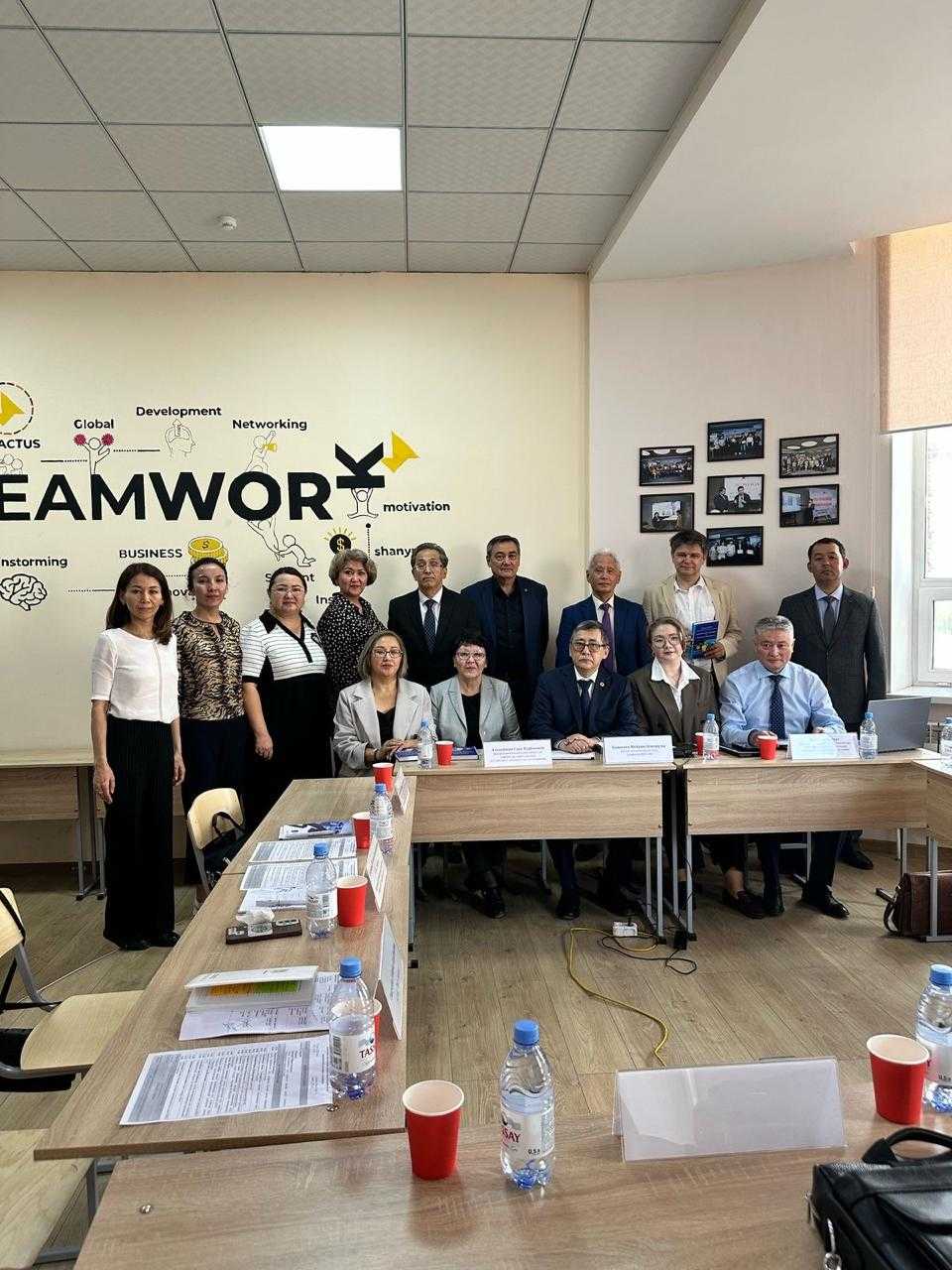As
part of the International Scientific and Practical Conference "AIU-2025:
Kazakhstan and the International Educational Space: Cooperation for the
future", organized by Astana International University on April 23, 2025,
the Higher School of Economics held a round table on the topic: "Adapting
education to the modern needs of an economically active person". This
event, traditionally held for the second year in a row in accordance with the
research plan "Adaptive Economy Model", is aimed at promoting sustainable
development Goals, especially in terms of stimulating sustainable economic
growth and employment, ensuring inclusive and high-quality education, as well
as developing international cooperation in the field of education.
The
moderator of the round table was Doctor of Economics, Professor Kazhyken Meiram
Zekeshuly, Head of the School of Adaptive Economics at the Higher School of
Economics. During the discussions, the participants actively raised the issues
of transforming educational programs, taking into account the demands of the
modern economy, increasing entrepreneurial activity and developing human
capital as a key resource for sustainable development. Presentations by
scientists, invited speakers, and experts from various fields were full of
practical examples, research results, and constructive suggestions.
The
round table became a platform for productive dialogue between scientists, young
researchers, doctoral students, undergraduates and interested students,
facilitating the exchange of experience and strengthening scientific ties. All
the presentations aroused great interest, which indicates the high level of
relevance of the topics discussed. At the end of the event, in a solemn
atmosphere, the participants were presented with the monograph of Professor
Kazhiken M.Z. "Human capital and human potential", which was the
result of research work within the framework of the Adaptive Economy Model
project for 2024.



